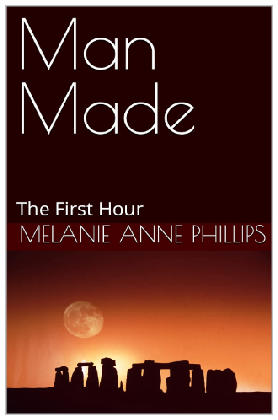|
For Story Structure |
|
For Story Development |
|
|

|
|
A Few Words About Theme
By Melanie Anne Phillips
Creator StoryWeaver, Co-
Go to Table of Contents to read the entire book free online
Or, you can download it to your Kindle
Part Two
What, Exactly, IS Theme?
It seems every author is aware of theme, but try to find one who can define it! Most will tell you theme has something to do with the mood or feel of a story. But how does that differ from genre? Others will say that theme is the message of the story. Some will put forth that theme is the premise of a story that illustrates the results of certain kinds of behavior.
Taking each of these a bit farther, a story’s mood or feel might be “anger”. A message might be “nuclear power plants are bad”. A premise could be “greed leads to self-
In fact, theme is perspective. Perspective is relationship. Theme describes the relationship between what is being looked at and from where it is being seen. This is why theme has traditionally been so hard to describe. It is not an independent thing like plot or character, but is a relationship between plot and character.
As a familiar example, think of the old adage about three blind men trying to describe an elephant. Each is like a character in a story, and their investigation of the beast is like the plot. One, feeling the tail comments, “It is long and thin like a snake.” Another, feeling the ear replies, “No, it is wide and flat like a jungle leaf.” The final investigator feels the leg and retorts, “You are both wrong! It is round and stout like a tree.” How each of those men felt about the elephant, how they understood it, depended upon his point of view, and the fact that it was an elephant. It is also true, that had another animal been the object of study, the perspective would have changed as well.